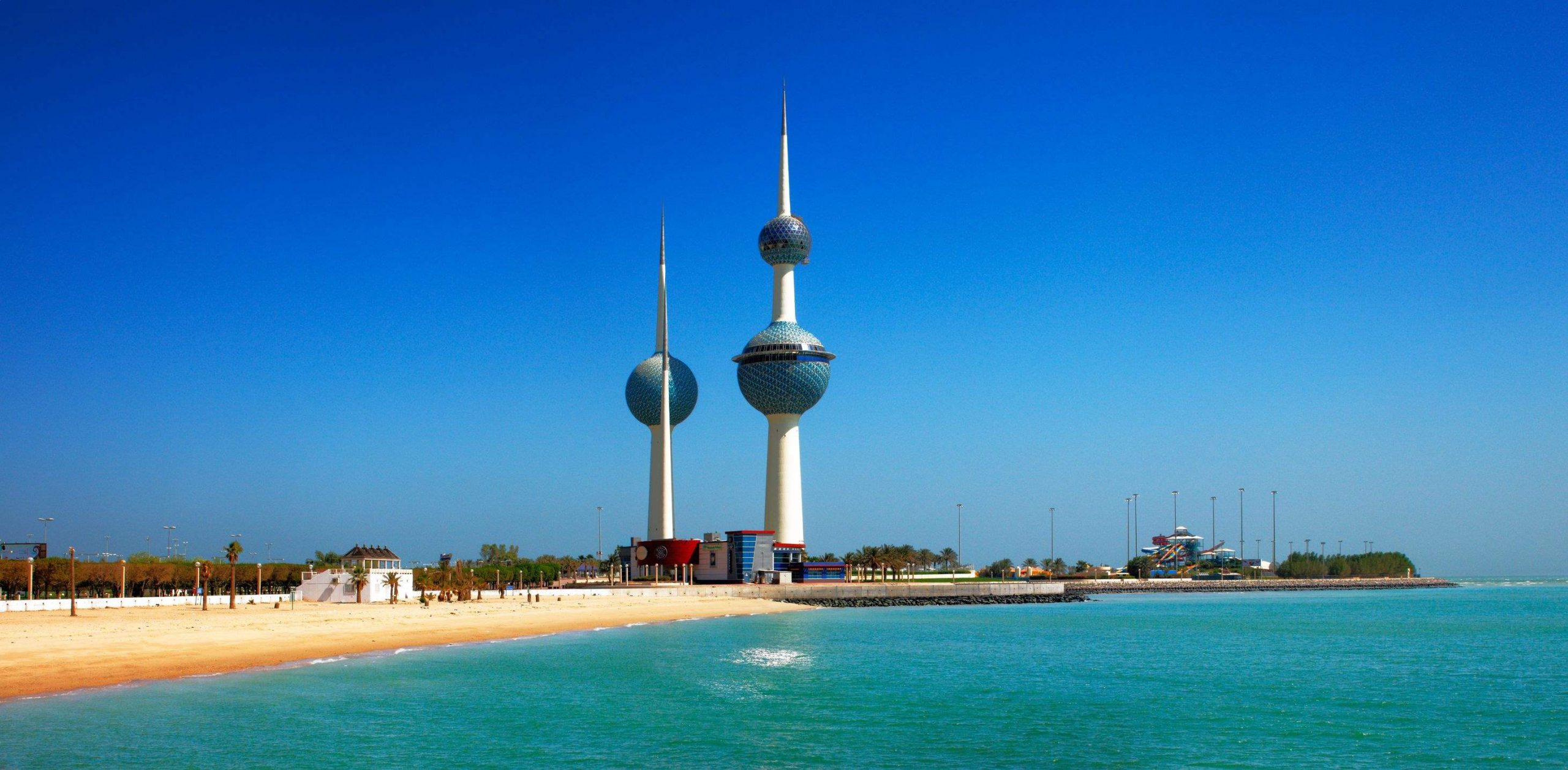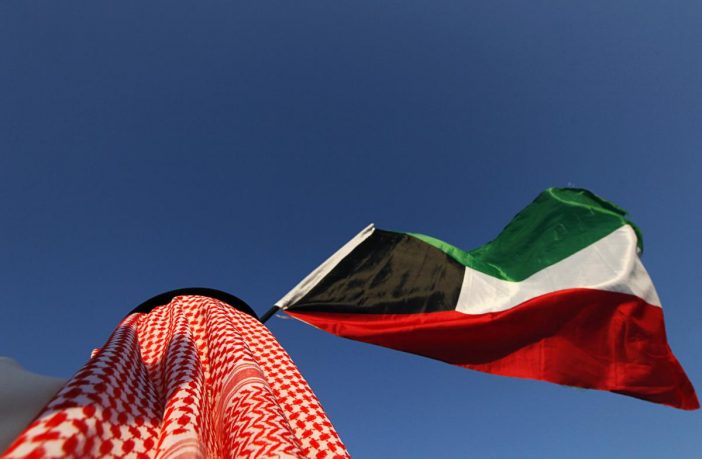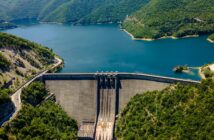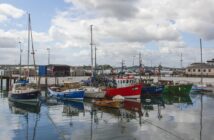Kuwait’s sovereign wealth fund wants to reduce budget dependence on oil exports
Kuwait is one of the world’s largest oil producers. For a long time, the extraction and sale of raw materials was the main source of income for the local economy, but now the government has adopted a new development strategy. Kuwait’s sovereign wealth fund will follow ESG principles based on both social and environmental factors. As such, the country’s economy will undergo dramatic changes that will allow it to move away from the dominant role of oil and focus on the development of other assets.
The sovereign wealth fund is managed by a special organization, the Kuwait Investment Authority. It is the third-largest in terms of assets and is also the oldest such body in the world. The value of assets owned by KIA is more than $700 billion, and all of them were acquired on the money received from the sale of oil. The new strategy calls for the fund’s portfolio to be revised and restructured to reflect ESG principles. A new manager, Ghanem al-Gunaiman, will be charged with the reform process. According to his statement, the fund will now meet internationally recognized standards of social, environmental, and corporate governance. From now on, the fund will make investments in those projects that also follow ESG policy. Separate attention will be paid to assets from those sectors of the economy which actively follow ecological principles. Representatives of the fund say they are interested in companies that fight climate change and conduct their activities with minimal damage to the environment. In addition, KIA is already looking at a number of businesses in Saudi Arabia.

It should also be noted that Kuwait has not officially stated a goal of achieving carbon neutrality, although its closest neighbors, the UAE and Saudi Arabia, follow this strategy. The country has decided to take a different path, reducing dependence on fossil energy sources and investing in promising projects.
The Kuwaiti government was forced to think about diversification by the drop in oil prices in 2020. At that time, raw material exports accounted for about 90 percent of the country’s GDP. After the market collapse, the government allocated funds to optimize the work processes in the oil industry to reduce the possible costs and minimize the risks of future crises. Intensified work on the development of new fields is also being carried out.
An important point is that the new economic strategy does not imply a complete renunciation of oil sales. It is about reducing the dependence of the state budget on only one asset, which in the last few years has shown instability. Kuwait also plans to develop renewable energy sources and is ready to invest in this direction.




